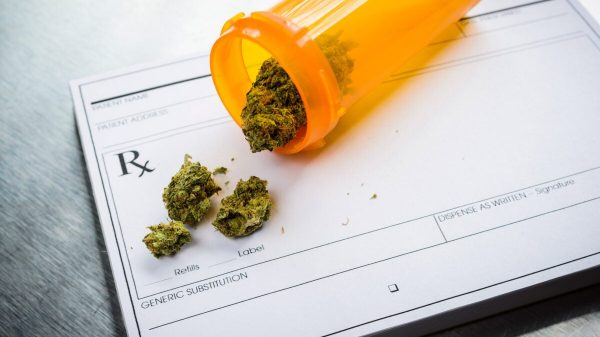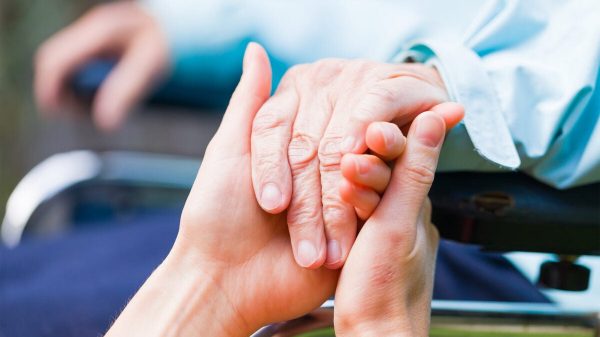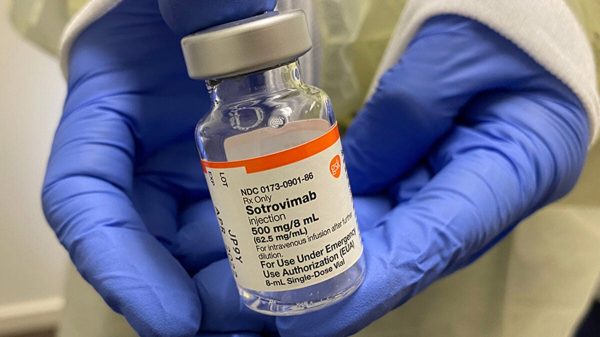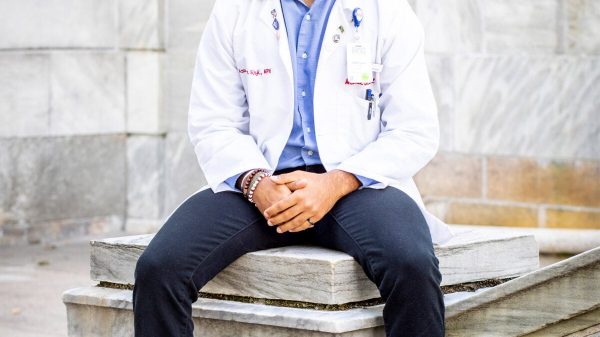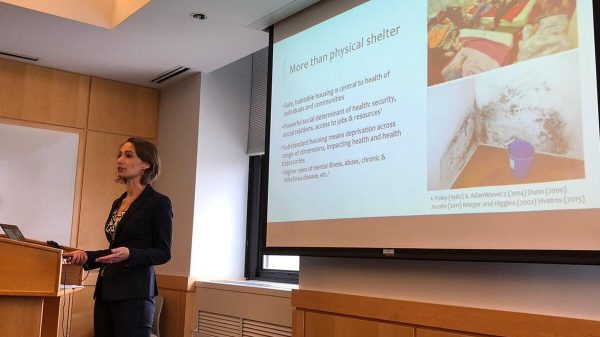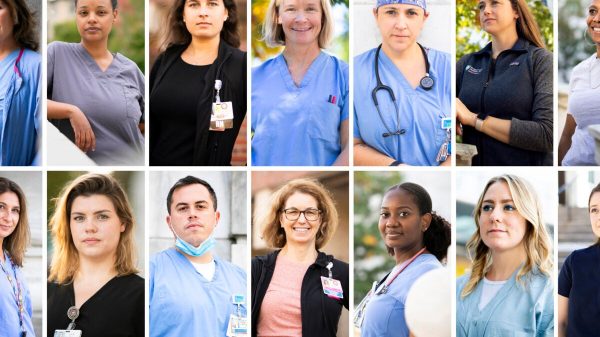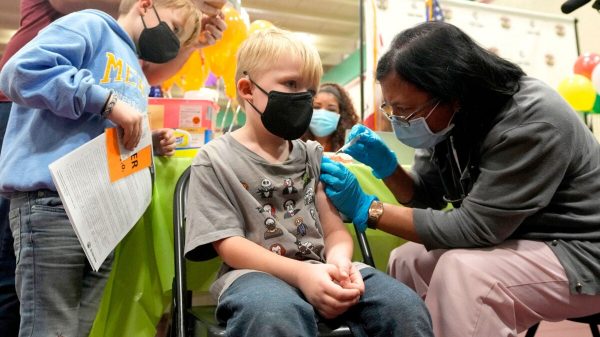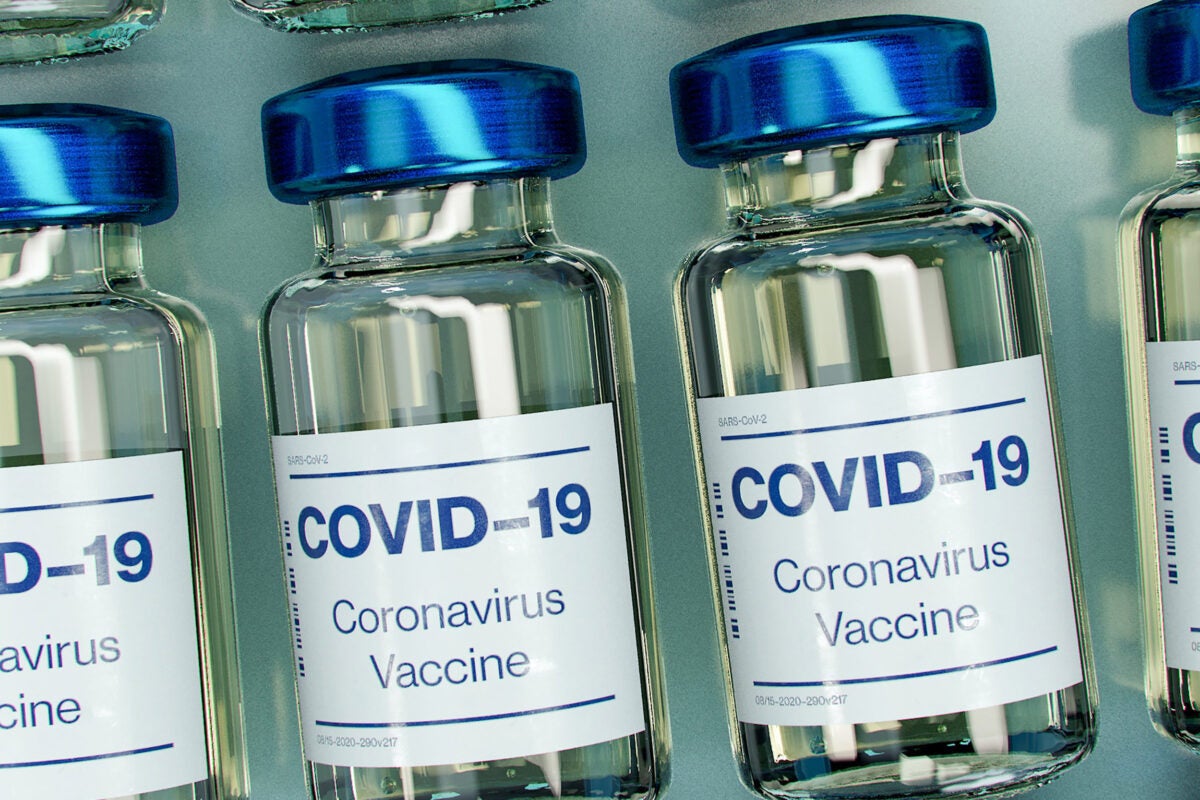Harvard T.H. Chan School of Public Health’s Barry Bloom, Joan L. and Julius H. Jacobson Research Professor of Public Health, offers context about the news that two experimental vaccines appear to confer a high level of protection from the coronavirus.
Q&A
Barry Bloom
Chan School: Within the space of a week, we’ve heard about not one, but two potentially extremely effective coronavirus vaccines — one from Pfizer/BioNTech, reportedly 90 percent effective, and now one from Moderna, nearly 95 percent effective. How encouraged should we be about these preliminary results?
Bloom: I think we have to be very grateful that we have two vaccines off the bat that look to be relatively safe, except for some minor short-term inconveniences — such as fevers and muscle pain, that you get from almost every vaccine — and have a much higher degree of protection than I think most experts would have predicted.
There’s a lot of science still to be done. We don’t yet know how long the antibody responses last that correlate with protection. We know that the vaccines are producing an immune response against the [coronavirus’s] spike protein. But do we know that the key response is neutralizing antibodies — the type of antibodies that can stop infection? If that were the case, can we measure levels of neutralizing antibodies for every new vaccine and have a pretty good guess that they too will be 90 percent or 95 percent effective? In the case of the Moderna vaccine, there were 95 recipients of the placebo who got COVID disease, but there were five in the vaccine group. We’d love to know: Did those five fail to make neutralizing antibodies? Or did they make neutralizing antibodies, but not enough, or not efficiently enough?
This is a terrific first start and we’re just going to have to follow along to see how long the immune responses that appear to be protective will endure in the vast majority of the population.
Chan School: What do we know about the safety of these two vaccines?
Bloom: For safety, you really want to follow participants in trials for two years. We don’t have the luxury of doing that. We’re in the middle of a pandemic that’s killing people and hospitalizing people.
We know that the most serious adverse effects that come from vaccines primarily occur within two months after the last shot. So the Food and Drug Administration will be looking at the people who were vaccinated and followed over two months after their last shot. The hope is that there will not be any serious adverse effects. If that’s the case, I think we can be pretty confident that the vaccines are safe. But ideally the vaccine recipients should be followed up for rare adverse effects for two years in post-licensure surveillance.
Chan School: Should people keep taking public health precautions even when vaccines become widely available?
Bloom: There will still be lots of people who are not vaccinated in the first six months or year after vaccines are available, and they will have the capacity to transmit infection. And I would point out that vaccines are wonderful but they’re not perfect. You can overwhelm an immune response with a high level of virus or bacteria, so we will need to wear masks, we will need to be protective, even if we have vaccines, until a high proportion of people are immune.
There are three worries that the public health community has now. The first is, can the country get the various vaccines to people and keep records on when they need boosters and any serious adverse effects? Another is, now that some vaccines appear to be effective, will people take them? A third is, if they take them, will they engage in risky behavior and not wear masks and feel they can congregate in bars all night, where even with the vaccine they may not be protected and be at some risk? Those are challenges for communications, for education, and for political advocacy, best done at the community level to persuade people to protect themselves and everyone else, with or without a vaccine, until everybody is protected, by carrying out the simplest of public health measures.








